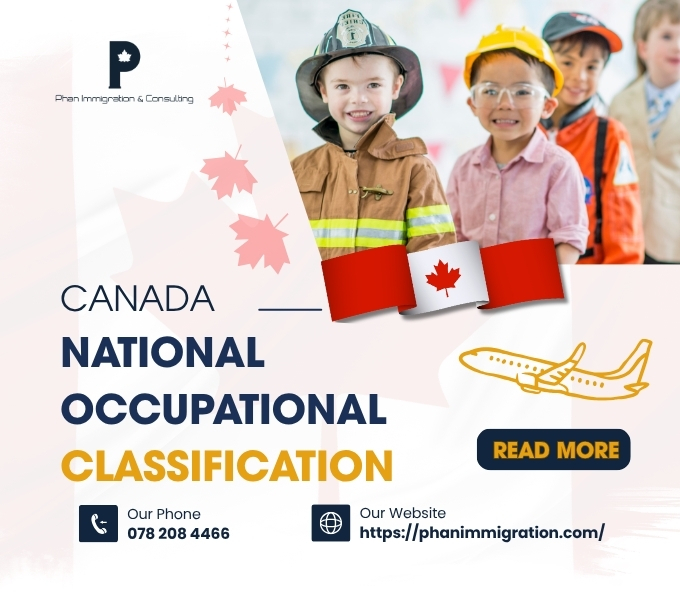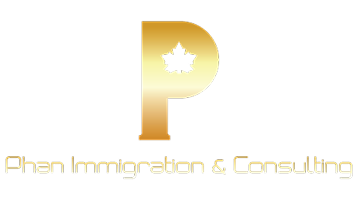The Rural and Northern Immigration Pilot (RNIP) is not only a great opportunity for skilled workers to immigrate to Canada but also plays a vital role in supporting the economic and social development of rural and northern communities. If you are interested in this program, follow along as Phan Immigration shares the priority groups and eligibility requirements for participating in RNIP in the article below.
What is the Rural and Northern Immigration Pilot?
The Rural and Northern Immigration Pilot (RNIP) is an immigration program initiated by the Government of Canada. It is designed to help smaller communities in rural and northern areas of Canada boost their economic development while attracting and retaining skilled workers to live and work there.
The RNIP program involves 11 participating communities across Canada. Below is the list of participating communities:
- Thunder Bay
- Sault Ste. Marie
- Timmins
- North Bay
- Sudbury
- Brandon
- Altona/Rhineland
- Moose Jaw
- Claresholm
- West Kootenay (including the cities and towns of Trail, Castlegar, Nelson, and Rossland)
However, please note that the Rural and Northern Immigration Pilot officially closed for new applications on August 31, 2024. IRCC (Immigration, Refugees and Citizenship Canada) continues to process applications submitted on or before that date. If you meet the eligibility requirements, you may still apply for a work permit to be able to work while waiting for your application to be processed.

If you’re comparing options across Canadian immigration programs, RNIP stands out for its community – driven model.
Who is Eligible to Participate in the Canada RNIP Program?
The RNIP program is modeled after the Atlantic Immigration Program (AIP) and is intended for the following groups:
- Graduates: International students who have graduated from a post-secondary institution in Canada and have received a job offer from an employer within a participating RNIP community.
- Skilled Workers: General laborers with experience in designated occupations who meet the requirements to participate in the RNIP.
- Workers with Canadian Work Experience: Individuals who have prior work experience in Canada and meet the program’s eligibility criteria.
Eligibility Requirements for the Rural and Northern Immigration Pilot (RNIP)
To participate in the Rural and Northern Immigration Pilot, you must meet the following requirements:
- Have relevant work experience or have graduated from a publicly funded post-secondary institution in a participating community.
- Meet or exceed the minimum language proficiency requirements.
Meet or exceed the minimum educational requirements. - Demonstrate sufficient financial resources to support your settlement and living expenses in the community.
- Intend to reside in the community.
- Meet specific requirements set by the community.
- Hold valid temporary resident status if you are residing in Canada at the time of application.
Work Experience Requirements
Regarding work experience, you must have at least 1 year of work experience (equivalent to 1,560 hours) within the past 3 years. The work experience hours are counted as follows:
- Include both full-time and part-time work hours.
- Work hours may be accumulated from one or multiple occupations and with different employers.
- The accumulated work hours must span a minimum period of 12 months.
- Work experience can be gained inside or outside Canada. However, if the work was performed in Canada, you must have held valid authorization to work.
The following are not counted as work experience:
- Unpaid work, such as volunteer work or unpaid internships.
- Hours gained through self-employment, unless you were practicing as a licensed medical doctor in a jurisdiction where you were authorized to practice.
Your work experience must align with the Training, Education, Experience, and Responsibilities (TEER) category under the National Occupational Classification (NOC) as outlined in your job offer:
- For TEER 0 or 1 jobs: You must have experience in TEER 0, 1, 2, or 3.
- For TEER 2 or 3 jobs: You must have experience in TEER 1, 2, 3, or 4.
- For TEER 4 jobs: You must have experience in TEER 2, 3, or 4 (except for healthcare jobs, where TEER 1 experience is also acceptable).
- For TEER 5 jobs: You must have experience within the same five-digit NOC code.
Your work experience must include:
- Most of the main duties and all essential duties listed in your NOC profile.
- Activities described in the lead statement of your NOC profile.

Applying for RNIP under the International Student Stream
You may be exempt from the work experience requirements if you are an international student graduate and meet the following conditions:
- You obtained a post-secondary credential from a program of at least two years and:
- Studied full-time throughout the two years;
- Received your credential no more than 18 months before submitting your permanent residence application;
- Lived in the community for at least 16 out of the last 24 months while studying.
Note: Your program must be at least two years in duration. Combining two consecutive one-year programs does not qualify.
Or, you obtained a master’s degree or higher (program less than two years) and:
- Studied full-time throughout the program;
- Received your degree no more than 18 months before applying;
- Lived in the community during your entire study period.
Important: You are not eligible under the international student stream if your credential is from a program where:
- More than half the coursework was English or French as a second language;
- More than half the program was completed through distance learning;
- You were funded by a scholarship requiring you to return to your home country after graduation.
The credential must be a degree, diploma, certificate, or trade/apprenticeship certification from a publicly funded Canadian institution in the recommending community. You must have maintained valid temporary resident status throughout your studies.
Language Proficiency
For language proficiency, you must meet the minimum language requirements based on the NOC category associated with your job offer in the community. Specifically, you must meet the Canadian Language Benchmarks (CLB) or the Niveaux de compétence linguistique canadiens (NCLC) standards.
The minimum language requirements are as follows:
- For TEER 0 and 1 occupations: CLB/NCLC 6
- For TEER 2 and 3 occupations: CLB/NCLC 5
- For TEER 4 and 5 occupations: CLB/NCLC 4
You must also submit valid results from a designated language test. The test results must be no more than two years old at the time you submit your application for the Rural and Northern Immigration Pilot.
Educational Requirements
To meet the educational requirements, you must satisfy one of the following conditions:
- Hold a Canadian educational credential, such as:
- A Canadian high school diploma; or
- A recognized Canadian post-secondary diploma, certificate, or degree.
Or:
- Provide an Educational Credential Assessment (ECA) report from a designated organization or professional body that:
- Is dated within five years of your application submission; and
- Confirms that you have completed a foreign educational credential equivalent to:
- A Canadian high school diploma; or
- A recognized Canadian post-secondary diploma, certificate, or degree.

Proof of Financial Support
You must provide proof that you have sufficient financial resources to support yourself and your family members during your settlement in the community, unless you are already working legally in Canada at the time of your application. You must also demonstrate that you have enough funds to support any family members you may have, even if they are not accompanying you to Canada.
Settlement Plan in the Community
To participate in the Rural and Northern Immigration Pilot, you are required to develop a clear plan for living and settling in the community. This plan should reflect your genuine commitment to staying and contributing to the community you choose. It must clearly explain your reasons for choosing the community, your plans for integrating into the community, your personal and family development plans, and your commitment to long-term residence in the community.
Carefully Review Community-Specific Requirements
Each participating community may have additional specific requirements for applicants. You can visit the websites of the communities below to review their individual eligibility criteria:
| Community | Website |
| Thunder Bay | gotothunderbay.ca |
| Sault Ste. Marie | www.welcometossm.com |
| Timmins | www.timminsedc.com |
| North Bay | northbayrnip.ca |
| Sudbury | investsudbury.ca/why-sudbury/move-to-sudbury/rnip |
| Brandon | www.economicdevelopmentbrandon.com |
| Altona/Rhineland | www.seedrgpa.com |
| Moose Jaw | www.moosejawrnip.ca |
| Claresholm | www.claresholm.ca |
| Vernon | rnip-vernon-northok.ca |
| West Kootenay | wk-rnip.ca |
How to Apply for the Canada RNIP Program
To participate in the Rural and Northern Immigration Pilot, you need to follow the steps outlined below.
Submit a Community Recommendation Application
Once you meet the eligibility requirements for the RNIP and have received a qualifying job offer, you can submit an application for a community recommendation. Each community has its own recommendation process. You should visit the official website of the community to find updated information about:
The application process for obtaining a community recommendation. The list of required documents.
Note: You should not submit original supporting documents, as you will need them later when applying for permanent residence. Instead, you should provide copies of the documents when requested.
Submit Your Permanent Residence Application Online
If the community agrees to recommend you, you will proceed to submit your permanent residence application online by following these steps:
First, complete the online forms.
You must fill out the following digital forms online for yourself and any family member aged 18 years or older:
- Generic Application Form for Canada (IMM 0008)
- Schedule A – Background/Declaration (IMM 5669)
- Additional Family Information (IMM 5406)
- Supplementary Information – Your Travels (IMM 5562)
You must also complete the following PDF forms and upload them to your online application without signing them. As the principal applicant, you will electronically sign the entire application on behalf of yourself and your family members:
If applicable, you must fill out, hand-sign, and upload the following forms after printing them. These forms require handwritten signatures by the applicant and/or a third party:
- Statutory Declaration of Common-law Union [IMM 5409]
- Declaration from Non-Accompanying Parent/Guardian for Minors Immigrating to Canada [IMM 5604]
*Forms for your employer:
The employer must complete the following form, print it, hand-sign it, and send you a signed copy. As the principal applicant, you must read and hand-sign the declaration at the end of the form. Then, create a digital copy and upload it to your online application:
*Form for the Designated Economic Development Organization:
The designated economic development organization in your selected community must complete the following form. You must then upload it with your online Rural and Northern Immigration Pilot application:
- Recommendation from Designated Economic Development Organization – Rural and Northern Immigration Pilot (IMM 0112)
Additionally, you need to upload one photograph for each person included in your application. Follow the instructions in the online application to scan and upload both sides of the photos.
Second, provide biometrics.
If you are between 14 and 79 years old, you may need to provide fingerprints and a photograph (biometrics). You must pay the biometrics fee when you submit your application to avoid processing delays. Complete the biometrics process as soon as you receive the biometric instruction letter from IRCC. You have 30 days from the date indicated in the letter to complete this step.
Third, pay your fees.
You need to pay the required fees online.
Fourth, submit your online application.
Before submitting, ensure that you have answered all questions, electronically signed your application (by entering your full name exactly as shown on your passport), attached the fee payment receipt, and uploaded all supporting documents.
If your application is incomplete, IRCC will refuse it. You will then need to correct the errors and resubmit the application for processing.

Apply for a Work Permit
When you submit your permanent residence application under the Rural and Northern Immigration Pilot (RNIP), you may be eligible to apply for a one-year work permit. This permit allows you to work in Canada while your permanent residence application is being processed.
To apply for a work permit, you must meet the following conditions:
- You must have a qualifying job offer from your employer.
- You must have a community recommendation from the participating community.
- You must meet the general eligibility requirements for obtaining a Canadian work permit.
- You must have received a confirmation letter from IRCC.
Please note:
- This work permit is available only to RNIP applicants. It is valid for one year and authorizes you to work only for the employer in the participating community that issued your job offer.
- Your spouse or common-law partner may also apply for an open work permit at the same time you apply for your work permit. Their open work permit will allow them to work within the same community as you.
To apply for the work permit, you must submit an online application. Your application must include the following documents:
- The confirmation letter received from your RNIP permanent residence application.
- The job offer number (you can find this in the Employer Portal).
- IMM 0112 form: Recommendation from the Designated Economic Development Organization – Rural and Northern Immigration Pilot.
- Proof of your work experience.
- Educational credentials.
- Language test results.
The application forms and procedures must follow the regulations applicable to the place where you are applying.
Additionally, if you are currently in Canada as a visitor (without a study or work permit), you should review the guidelines on how to apply for a work permit from within Canada.
Benefits of Participating in the Rural and Northern Immigration Pilot (RNIP)
The Rural and Northern Immigration Pilot offers many benefits to eligible participants, specifically:
- For International Students: You can apply for permanent residence under the RNIP immediately after graduation or within 18 months of graduating, instead of accumulating 1–2 years of work experience before being eligible for permanent residence as previously required.
- For Workers:
- You only need to have a high school diploma to be eligible for the RNIP.
- The language proficiency requirements are simple; workers only need basic communication skills.
- You may apply for a work visa valid for a minimum of two years.
- You can expect a stable monthly income, averaging around CAD 3,000 per month for an 8-hour workday, not including additional income from overtime and extra shifts.
- You are entitled to 15 days of paid annual leave.
- You are also entitled to 10 days of paid sick leave per year.
- After 12 months of working in Canada with a valid Work Permit, you can sponsor your spouse to join you to work in Canada. Children accompanying you are eligible for free education up to Grade 12 and can enjoy similar social benefits as Canadian citizens.
- After two years of work, you and your family will be eligible to apply for permanent residence under the RNIP.

For context beyond RNIP, see our Canada immigration overview to compare eligibility, timelines, and costs across major pathways.
We hope that with the information shared by Phan Immigration regarding the target participants and eligibility criteria for the Rural and Northern Immigration Pilot, you now have a clearer overview of the opportunities for settlement in rural and northern communities across Canada. From here, you can prepare your documents thoroughly and confidently submit your application to begin a new chapter in the land of maple leaves.

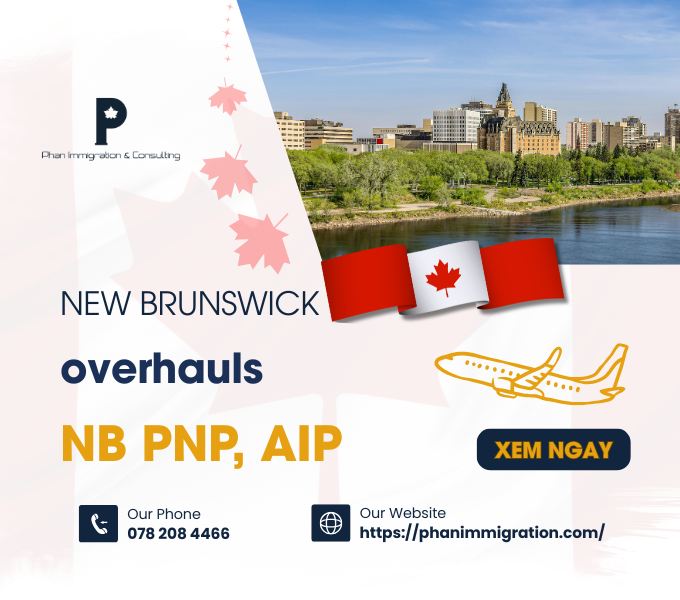
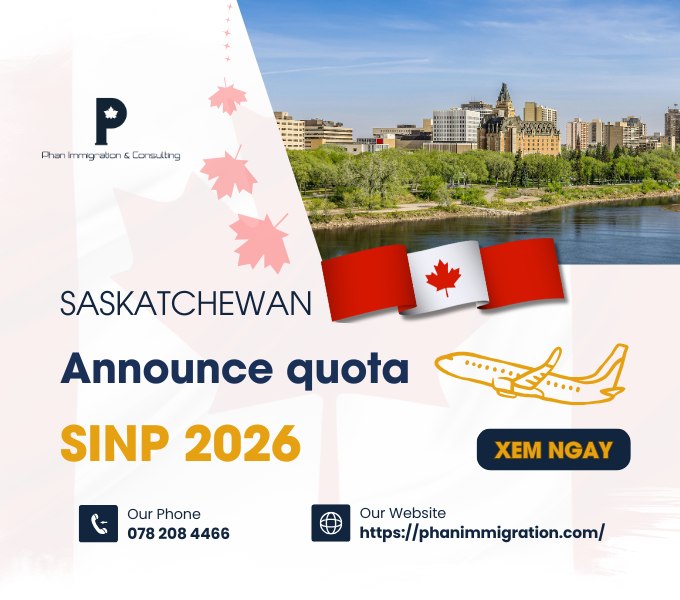
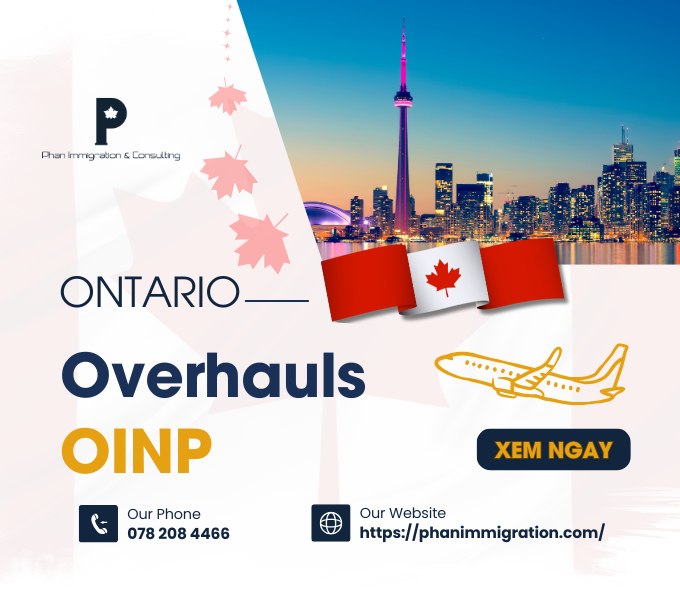
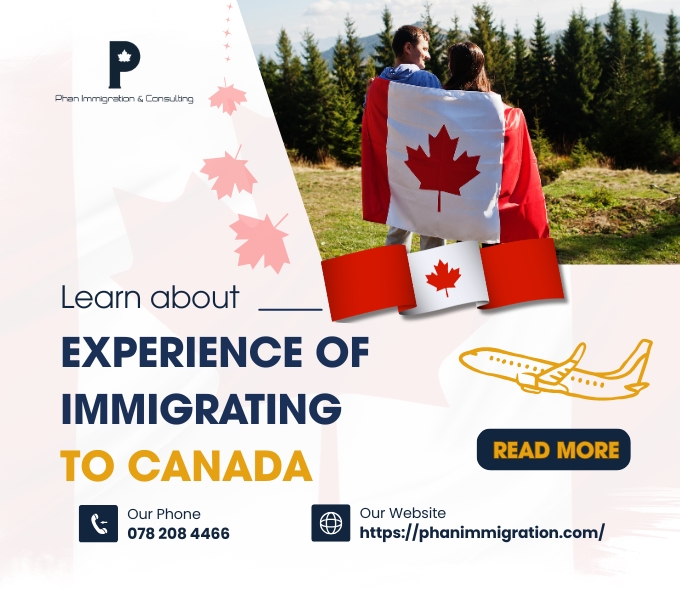
![[Phan Immigration Answers] How Much Money Can You Bring When Immigrating to Canada?](https://phanimmigration.com/wp-content/uploads/2025/06/how-much-money-can-you-bring-when-immigrating-to-canada-thumbnail.jpg)
